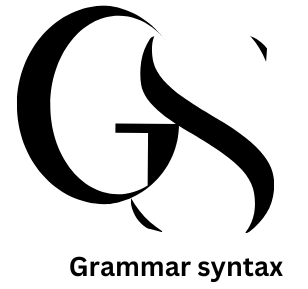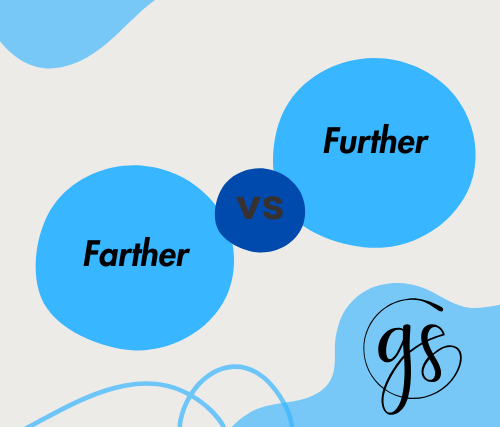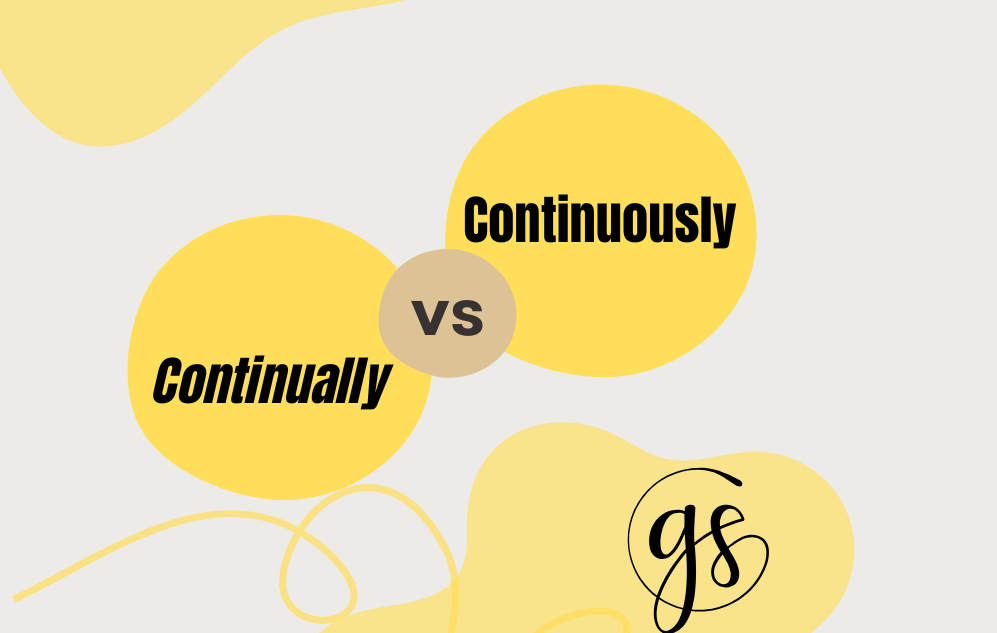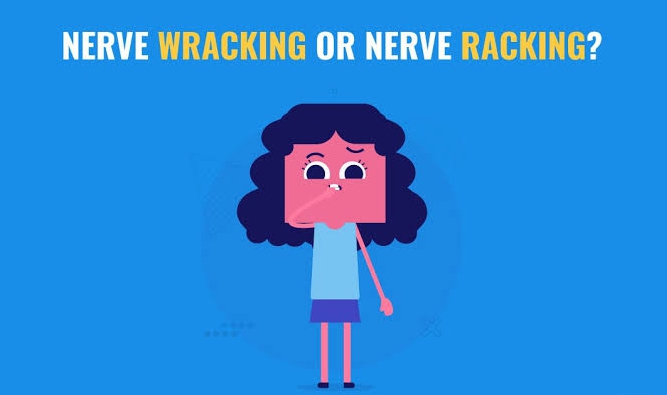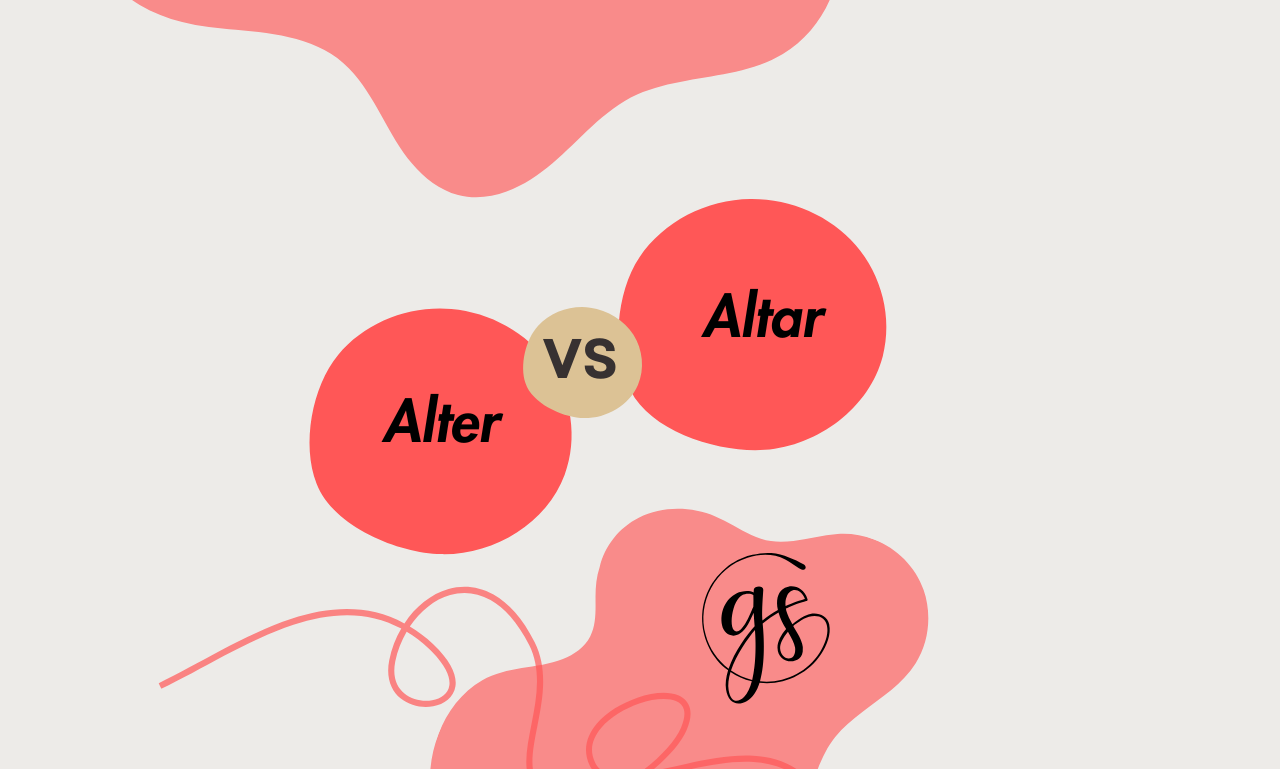Introduction
Farther meaning
Farther generally refers to physical distance or measurable space.
It is used when talking about something that is physically “farther away” or “distant” in terms of space or measurement.
Further meaning
Further is more versatile and is used in a broader sense. It can refer to:
More or additional in terms of quantity, degree, or extent (i.e., figurative, abstract concepts). Physical distance, but more rarely and often in a more abstract sense.
Origin
Farther origin
The word farther originates from the Old English word fierther, which was derived from fyrther (meaning “more distant”). It is the comparative form of the word far.
Further origin
It originated from the Old English word forðor or forð, meaning “forward” or “more.” It is a comparative form of the word forð (meaning “forth,” “forward,” or “beyond”).
Both words originally had similar meanings related to movement or distance. Over time, further became more commonly used in abstract, figurative contexts (such as in “further discussion” or “further research”), while farther remained more associated with tangible, measurable physical distance.
farther and further pronunciation
Farther synonyms
- More distant
- Further (though traditionally “further” is more abstract, it can also be used for physical distance)
- Remoter
- More remote
- Extended
- Beyond (in some contexts, e.g., beyond a certain point)
Farther antonyms
- Closer
- Nearer
- Nearby
- Closer to
- Shorter (in terms of distance)
- Proximal
Further synonyms
- Additional
- More
- Extra
- Expanded
- Deeper
- Greater
- Extended
Further antonyms
- Shorter
- Decreased
- Reduced
- Diminished
- Lower
- Lessened
- Retreating
Farther examples
- The mountain peak is farther away than I expected.
- How much farther is the nearest gas station?
- The car moved farther down the road before stopping.
- Bridge is farther from here than the map suggests.
- River stretches farther than the eye can see.
Further examples
- I need further clarification on your instructions.
- We will need to conduct further research to understand the phenomenon.
- The meeting was postponed for further notice.
- I have no further questions.
Short assessment
- Which word is used to describe physical distance?
a) Further
b) Farther
c) Both
d) Neither
- Most appropriate in this sentence? “We need to conduct ______ tests to confirm the results.” a) Neither
b) Further
c) Both
d) Farther
- Choose the correct sentence:
a) The park is farther down the road
b) The park is further down the road.
- Which of the following sentences uses “further” correctly?
a) We need to explore the further aspects of the problem.
b) The train station is further away than I thought.
c) She decided to go further into the woods.
d) All of the above.
- Choose the correct sentence:
a) I need further explanation about your question.
b) I need farther explanation about your question.
c) I need further explains about your question.
d) I need farther explains about your question.
Answers
| 1.b | 2.b | 3.a | 4. d | 5. a |
Conclusion
While farther and further both relate to the idea of distance, they are used in distinct contexts. Use farther when talking about measurable, physical distance. Use further when referring to progress, additional action, or abstract concepts. It can also refer to physical distance, though it’s less common in that context.
FAQs
What is the difference between farther and father?
“Father” is a noun, meaning the male parent, or a verb meaning “to be a father,” to foster in the way that a parent fosters. “Farther” is an adjective and adverb relating to distance: Geneva is farther away from Rome than from Milan.
Is further and furthermore the same?
Further and furthermore are synonyms that are used in the same way as “moreover” or “additionally.” Both can be used as conjunctive adverbs (transition words) to link two independent clauses or sentences together.
